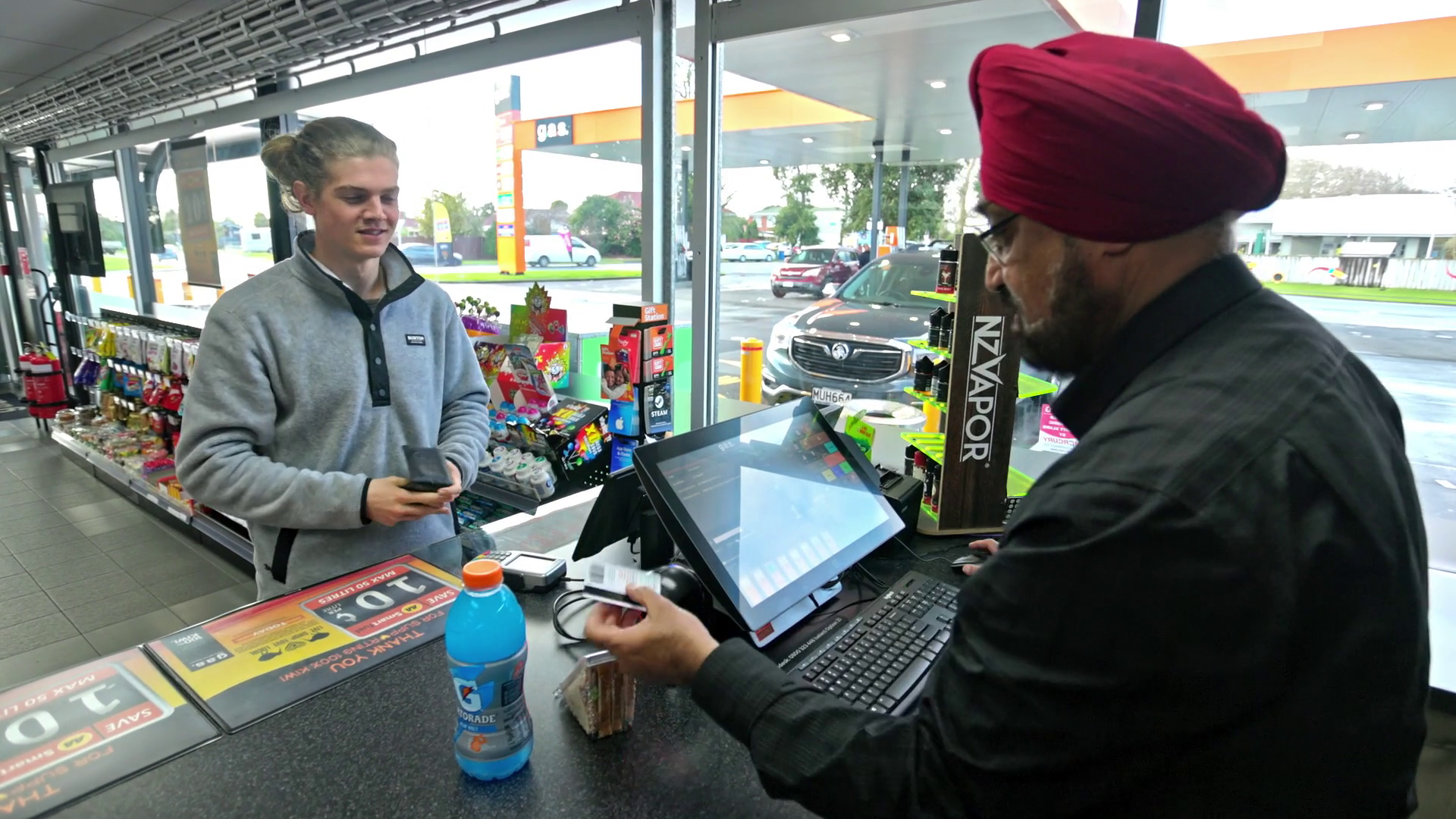In a recent blog, we talked about how the retail store is and will likely remain vital for customers who value trusted advice, social engagement and tactile product discovery. And those customers will continue to have high expectations of the instore experience, including the expectation that it will be harmonised with the shopping they do online.
As your store evolves to meet a future where it can serve as an experiential hub and as mission control for customer fulfilment, you need to ensure that your retail platform is keeping pace rather than holding you back.
Here we look at the challenges retailers experience when making the shift to a new POS, and the important questions you need to ask before choosing a new platform.
The POS upgrade challenge
Preparing the point of sale for a future where tech-savvy consumers expect ‘phygital’ omnichannel experiences can be daunting.
Retailers need to keep up with shoppers’ demand for a unified, cross-channel buying journey, but many have outdated point of sale systems that aren’t suited to the task.
Making the shift to a new point of sale comes with challenges, though, especially when margins are tight. Fear of losing revenue through potential disruption to current operations and having to invest in staff training while perhaps not achieving anticipated returns can deter retailers from taking the leap.
You don’t want a project that fails to deliver the desired returns because the wrong product was selected.
So how do you select the right system for your business requirements?
Here are the 7 questions to ask when looking for a new POS.
1. Can it be implemented and deployed rapidly?
The number one priority for most of the retailers we speak with is speed of deployment.
To minimise the operational disruption, you’ll need a platform built on a modern architecture. All your core requirements need to come out-of-the-box, along with the ability to customise and easily add new functionality.
When you choose a partner with a mature platform, they can focus on delivering innovation because the core functionality you need already exists.
Check the provider has recent and proven success planning, implementing and managing complex, large-scale deployments across multiple stores, formats and geographies. They’ll need to understand your fast-paced, data-intensive environment where any significant level of downtime is unacceptable. And their people will need to be skilled in helping you plan and implement your projects so that they work for you now and into the future.
Our client Z Energy was able to quickly and seamlessly convert some of its existing fuel locations into unattended self-service U-GO sites.
“By using a modular platform, we’ve been able to roll out technology quickly by configuring existing tools instead of building custom solutions. This has allowed us to tailor the solution to the market in just a few days.”
2. Will it support your unified commerce business model?
Today, the store is the epicentre for all your unified commerce activity.
That means you’ll want a point of sale system that supports endless aisle, click and collect, store fulfilment, pricing and promotions, clienteling and loyalty, as well as functions that allow customers to search, transact, acquire and consume products across all your channels.
You don’t want to be tied to a point player that can only provide parts of a total solution.
“The reason unified commerce resonated with me is that it would give us one core platform to do the heavy lifting and a single source of truth to manage the customer data, inventory and order orchestration, rather than relying on too many systems to push and pull data everywhere.”
3. Does it allow your store team to deliver exceptional service?
The new solution needs to empower store teams to deliver a superior, frictionless customer experience that maximises their productivity, no matter where they are in the store.
An easy-to-use UX and straightforward setup will enable new employees to quickly learn the system and begin selling almost right away. By removing the frustrations caused by complex technology, you'll also help lower staff turnover.
In addition, by consolidating store technology onto a single POS-based retail system, your teams can do everything in a single view, from sales transactions, customer loyalty, pricing, product and promotions through to virtual appointments and endless aisle access to stock.
4. Will the system work offline?
Delivering exceptional customer service is irrelevant if your staff can’t complete sales.
When inevitable network outages happen, you need to know that your POS will keep all your stores operational without any disruption.
When implemented correctly, the offline POS experience should be so seamless that your staff may not even realise the system is offline.
Though some features may be limited, it's essential to know what transactions can still be processed during the loss of connectivity. For example, the system should handle card and cash payments, process returns, capture customer data and link it to profiles, and continue scanning products for smooth checkouts.
5. Can it grow with you, and adapt to change?
Whether you're expanding into new locations or launching pop-up stores, your POS system must be scalable and adaptable to change. While it might seem obvious, scalability can easily be overlooked in the excitement of cutting-edge technology.
Your growth plans should account for how your physical stores can complement your online presence, so that your POS solution can function across channels in the same way as your ecommerce platform.
It should operate seamlessly across tablets, phones and fixed tills, allowing transactions to flow between devices effortlessly. This flexibility not only opens up possibilities for innovative store layouts but also provides the practical benefit of better backup strategies for your devices.
Your partner should let third-party solutions connect via APIs so that you are free to focus your development efforts on the front-end. You can be more agile and create a community of third-party apps and systems that work together in an ecosystem. As a result, you’ll reduce integration and maintenance overheads, increase real-time accuracy and enjoy virtually limitless scalability and agility.
6. Will it make complex sales simple?
Enterprise retailers with multiple brands, B2B operations or franchises will need a POS system that makes complex sales simple.
You’ll want the power to set pricing and promotion rules, permissions, return and refund validation, discounting and cash management from either head office or at store level.
And you’ll want to ensure the solution supports complex sales like charge-to-account, quote management by channel, debtor management, loyalty and all types of pricing, including retail, trade, contract, promotional, project, customer-specific and rules based.
“Infinity is one of the few platforms able to accommodate our diverse business model, with both retail and wholesale customers requiring multiple volume breaks and bulk purchasing. And Infinity’s New Zealand presence gives us an out-of-the box solution with local capabilities that can be customised to our requirements.”
7. Can you rely on the vendor for new functionality and ongoing support?
Working with the right people and processes will make the rollout of your new point of sale much easier and deliver results much faster.
A partner located in the Australia-New Zealand market means you’ll have direct access to second- and third-level support, as well as direct contact with people committed to your success.
You’ll also have more influence on the product roadmap and have to deal with less bureaucracy to get things done. And a mid-size partner is more likely to view you as an important customer of influence.
This blog was originally published in September 2024 and updated November 2025.
Want help to modernise your point of sale?
As you transform your customer experience to deliver the seamless and personalised buying journeys your customers crave, your point of sale system must transform as well. If you’re looking for help to shape your strategy and extend your omnichannel capabilities, get in touch. We’d love to help you develop the solutions you need now and guide you to where you’re headed next.





























